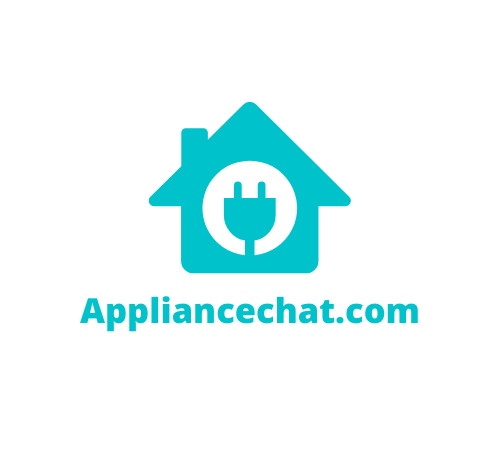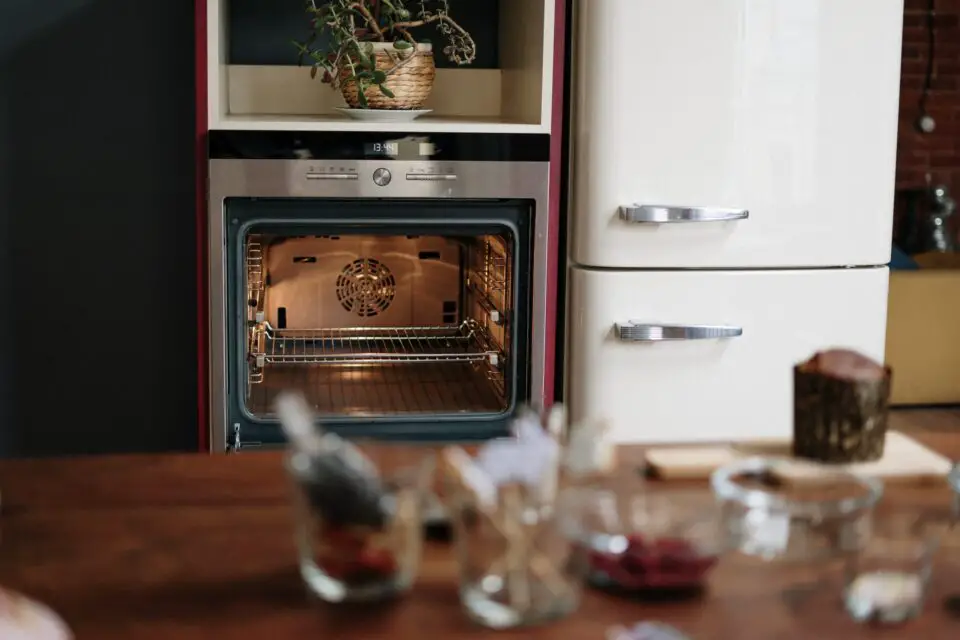It’s concerning when your oven keeps heating up after you’ve done cooking your favorite dinner.
If your oven continues to heat up after you turn it off, I’m confident that the five tips in this article will help you get it back up and running properly.
My Oven Won’t Turn Off (With Solutions)
Most ovens are typically reliable appliances, if looked after they should last many years.
However, likely any appliance they do occasionally break down
The most common reason for an oven not turning off includes a defective heating element, controls that are not dialed into the correct position, a faulty electronics board, or a faulty thermostat.
So let’s go through the following steps to troubleshoot your oven and stove.
Step 1. Check the Controls
The first step is to check that the oven controls are set to bake or broil correctly.
Check the oven door to ensure the latch is in the unlocked position on self-clean ranges with a mechanical self-clean oven door latch.
Check that the oven knobs are in the correct position.
If the oven temperature and oven function knobs on the range were removed for cleaning, ensure sure they were reinstalled in the correct spot.
If you have checked the controls and they are in the correct position, proceed to the next step.
Step 2. Faulty Thermostat
An oven not turning off can be caused by a faulty thermostat.
A thermostat controls the temperature of the oven.
The thermostat can sometimes overheat, causing the electrical components inside the thermostat to weld together.
If this has occurred, the thermostat may be constantly requesting more heat, even if the oven is switched off.
The thermostat is usually situated behind the temperature control knob on most ovens.
Depending on the type of oven, turning the temperature control knob will produce a clicking sound.
If there is no clicking, it indicates that the thermostat may be broken. If the thermostat is broken, it will need to be replaced by a qualified technician.
Step 3. Faulty Electronics Board
The electronic control board in your appliance is another cause of your oven not turning off.
There will be an electronic control board on any appliance, whether Thor Viking, Decor, Whirlpool, or Samsung.
On gas ranges, the control board runs the oven safety valve, and on electric ranges, the bake/broil elements.
If one of these relays fails, the board may deliver continuous voltage to the heating circuit, resulting in the oven continuing to heat and not turning off.
Because of all the operations that electronic control boards manage and the equipment required to evaluate them, this board should be checked by a qualified professional.
Step 4. Faulty Elements
A common problem with ovens not turning off after use is damaged bake or broil elements.
The bake element is located at the bottom of the oven, and the broil element is located at the top.
Frequently, the defective element will appear damaged, with either a piece torn off or the element blistered.
Examine the element for damage after disconnecting the power and allowing it to cool.
A multimeter can also be used to test the element to see if it needs to be replaced.
It is best to have this checked out by a qualified technician.
Step 5. Defective Relay Board
A common problem with ovens not turning off after use is a defective relay board.
What exactly is a control board?
It is an oven component that has relays that transfer electricity to the bake and broil cuts based on user settings and sensor input.
If one of the relays fails, the control board will send continuous electricity to the oven’s heating circuit.
It is fairly rare for these relays to have shorts and close.
Finally, if the oven continues to operate after being turned off, the control board may be faulty. In that situation, replacing it is the best option by a qualified technician.
However, if you are handy with appliances check out this article
What should I do if my oven keeps heating up?
Okay, so you have gone through the steps above and the oven continues to heat-up
It’s time to cut off the oven’s power supply and bring in a skilled technician to inspect it.
Obviously, you do not want your oven to continue to operate until the technician arrives, so you will need to switch it off.
Here are the steps for turning off the problem oven.
How to turn off an electric oven
- Turn the dial on the front of your oven to the “Off” position to turn it off.
- Turning off an electric stove simply involves unplugging it from the outlet
How to turn off a gas oven
- Turn the dial on the front of your oven to the “Off” position to turn it off.
- If you have an upgraded, electronic gas oven, press the “Off” button on the electronic keypad. If the gas oven will not turn off, the gas line may need to be disconnected.
- Locate the gas shutoff valve, which is normally placed behind the stove.
- Turn off the gas by turning the gas shutoff valve to the “Off” position.
Conclusion
While we are optimistic that the methods suggested above would resolve your oven issue.
It is unfortunate that the remedies mentioned above did not answer your problems.
If you do need to purchase a new oven, the good news is that they are available at a variety of prices, ranging from low-cost to high-end models.

